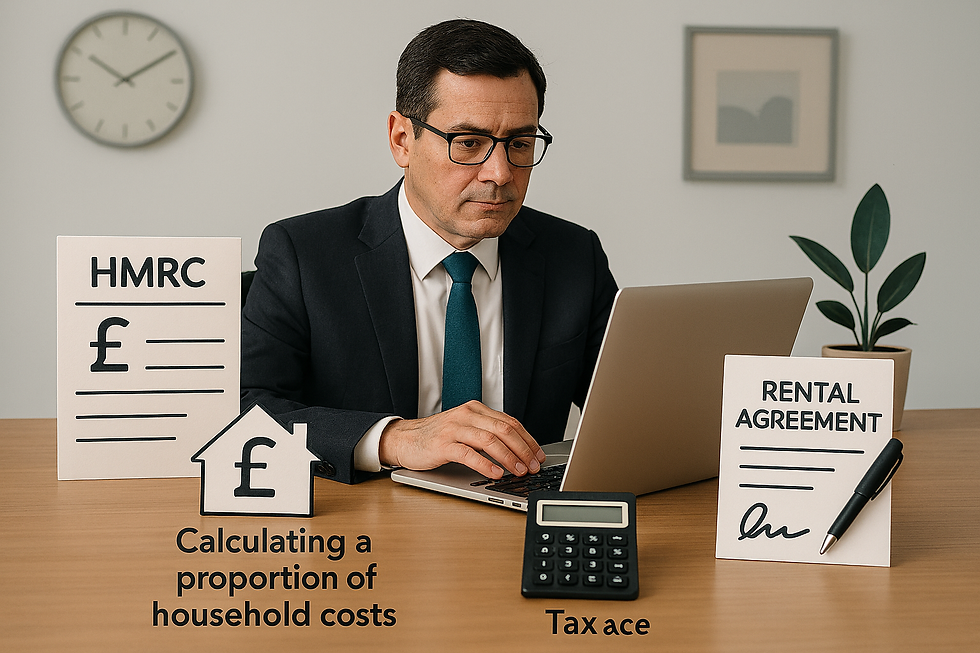What to Expect from the Labour Party's 2024 Autumn Budget: Taxation Plans
- nk2095
- Sep 30, 2024
- 2 min read
Updated: Oct 4, 2024
With the Labour government preparing to deliver its first Autumn Budget on 30th October 2024, speculation is mounting regarding its taxation plans. Chancellor Rachel Reeves has already indicated that the budget will involve some “painful” decisions to address a £22 billion deficit in public finances. Below are some key areas where tax changes are expected:

1. Income Tax, National Insurance, and VAT
Labour has pledged not to raise the main rates for income tax, National Insurance, or VAT. However, they are expected to maintain the freeze on tax thresholds until 2028. This means that as incomes increase, more people will be pushed into higher tax brackets, indirectly increasing tax revenues without raising rates.
2. Capital Gains Tax (CGT)
Labour is considering aligning Capital Gains Tax rates with income tax rates. Currently, CGT is taxed at a lower rate than income, so aligning these could significantly increase the tax burden on individuals selling high-value assets like property and shares. This is aimed at increasing fairness in the tax system and raising revenue from wealthier individuals.
3. Pensions Tax Relief
A potential reform involves introducing a flat rate of tax relief on pensions at 30%. This would increase tax relief for lower earners but reduce it for higher earners, redistributing benefits more equally. It’s estimated that this change could generate around £3 billion annually in additional tax revenue.
4. Inheritance Tax (IHT)
Labour may target certain exemptions in inheritance tax, such as Agricultural Property Relief (APR) and Business Property Relief (BPR), which currently allow family businesses and farms to pass on assets with reduced tax. Reforming these exemptions could significantly increase the tax paid by wealthier estates, contributing more revenue to the government.
5. VAT on Private School Fees
One of Labour’s high-profile proposals is to impose VAT on private school fees, removing their current tax-exempt status. This could raise substantial revenue while making the system fairer by redirecting funds toward public education. However, it could also increase the cost of private schooling by 20%, potentially pushing some families toward the state system.
These policies reflect Labour’s goal of increasing fairness in the tax system by targeting wealth and protecting lower-income earners while raising much-needed revenue to address the public finance shortfall.
Want to know more about how to prepare yourself before the budget?
Start a conversation today - book a call with our experts.








Comments